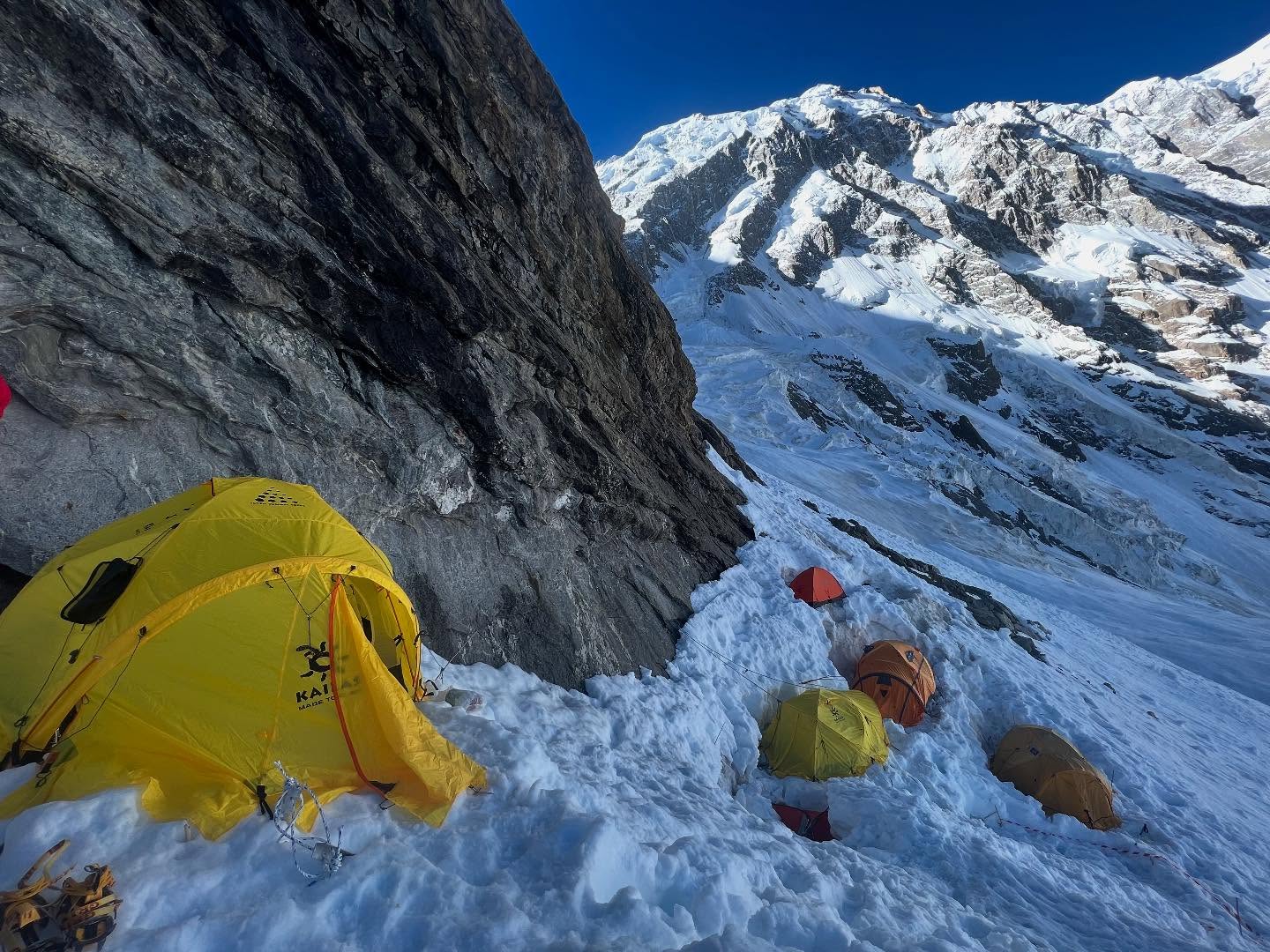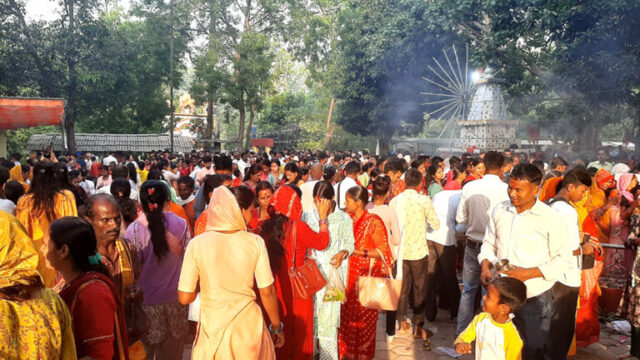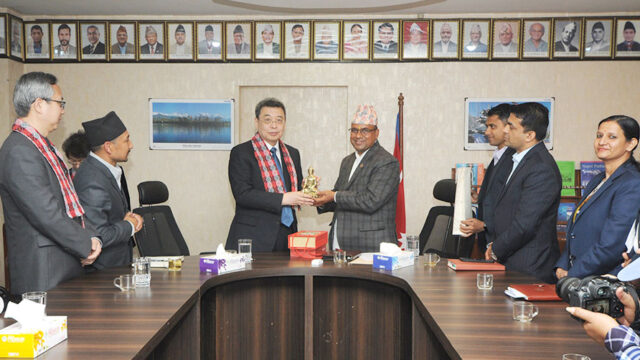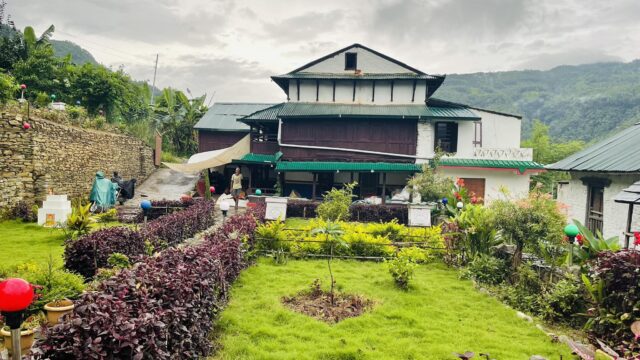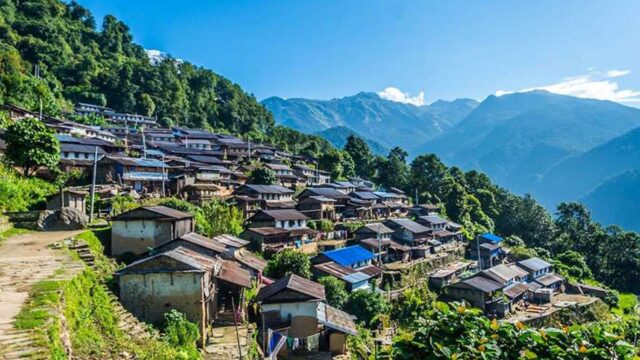The summer mountaineering season in Pakistan has begun with a dramatic mix of celebration and sorrow. On 3 July 2025, a team from Seven Summit Treks proudly marked the first successful ascent of Nanga Parbat (8,126m) this season. The summit marks not only a significant climbing achievement but also a symbolic milestone, as it took place exactly 72 years after the mountain’s first ascent by Austrian climber Hermann Buhl on the same date in 1953.
The expedition team, part of the widely respected Seven Summit Treks, was responsible not only for summiting the ninth-highest peak in the world but also for fixing the route to the summit, paving the way for other climbers attempting the westernmost of the fourteen 8,000-meter giants.
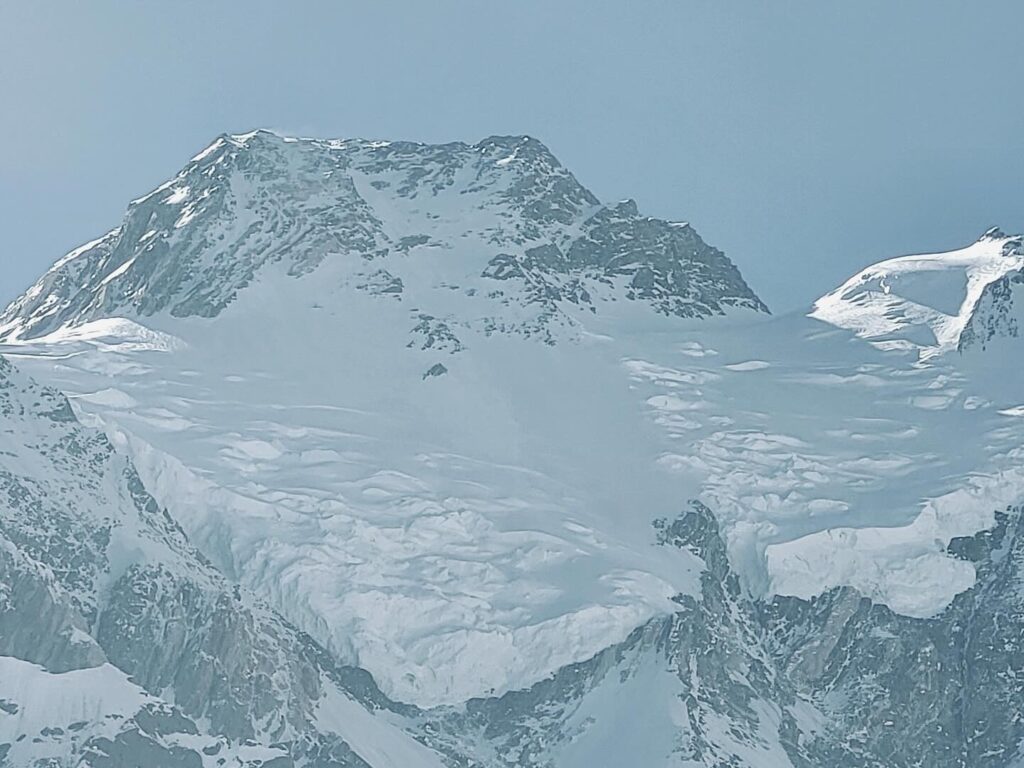
International Team Reaches the Top
On July 3, eight climbers representing five countries successfully stood atop the formidable “Killer Mountain,” as Nanga Parbat is ominously known. The summit team included:
- Paula Birgitta Strengell (Finland)
- Dorota Lidia-Samocko (Poland)
- Jorge Egocheaga (Spain)
- Rana Hassan Javaid (Pakistan)
- Dawa Sherpa (Nepal)
- Pasang Dukpa Sherpa (Nepal)
- Lakpa Temba Sherpa (Nepal)
- Ali Hassan (Pakistan)
The summit continued on 4 July with three more climbers reaching the top:
- Allie Pepper (Australia)
- Mingtemba Sherpa (Mikel) (Nepal)
- Dawa Sherpa (Nepal), who summited for a second consecutive day.
These achievements reinforce Nepal’s central role in high-altitude guiding and demonstrate the increasing diversity and global spirit of today’s mountaineering community.
A Historic Date, A Celebrated Peak
The significance of summiting Nanga Parbat on 3 July was not lost on the team. The original ascent by Hermann Buhl in 1953 was one of the most legendary solo climbs in history. Repeating the feat on the exact anniversary gave the 2025 expedition an added emotional and historical weight. “It’s more than just a summit, it’s a tribute to human endurance and legacy,” said expedition officials from Seven Summit Treks.
Tragedy Strikes Amidst the Triumph
However, the joy of the summit was quickly overshadowed by distressing news. Renowned Czech mountaineer Klára Kolouchová has gone missing during descent from the mountain. According to initial reports, Klára slipped and fell above Camp II while descending on a rocky section. She was accompanied by her Sherpa guide, Taraman Tamang, when the accident occurred.
Klára Kolouchová is one of the Czech Republic’s most prominent female climbers, known for her previous ascents of several 8,000-meter peaks, including Mount Everest and K2. The incident has sent shockwaves through the international mountaineering community.
Search and Rescue Underway
A coordinated search operation has been initiated, involving members of the Seven Summit Treks, Kolouchová’s family, and the Pakistan Army, which has dispatched a helicopter to assist with aerial reconnaissance. The rugged terrain and volatile weather conditions on Nanga Parbat make rescue operations particularly challenging.
The ground team remains stationed at base camp and Camp II, monitoring the situation and providing logistical support. “We are doing everything possible,” said a Seven Summit Treks spokesperson, “and are in constant communication with authorities and her family.”
Clarification Against Misinformation
In light of circulating misinformation in some media outlets, Seven Summit Treks has also issued a clarification regarding the cause of the incident. It has been incorrectly reported that the fall resulted from the explosion of an oxygen bottle. The team confirmed that this is false. The loud noise heard during the fall was caused by an oxygen cylinder hitting a rock, which generated a sound similar to an explosion, possibly leading to confusion.
“We respectfully urge the public and media to refrain from sharing unverified or misleading information,” the company stated, emphasizing the importance of responsible reporting during sensitive moments.
A Sobering Reminder
While the successful summit marks an inspiring beginning to the 2025 climbing season in Pakistan, the incident is a stark reminder of the inherent dangers of high-altitude mountaineering. Nanga Parbat has long been one of the most lethal mountains, with a grim record of fatalities due to avalanches, exposure, and falls.
As the search continues, the international climbing community has expressed solidarity and hope for Kolouchová’s safety. Messages of support have poured in from across the globe, honoring her courage and praying for a positive outcome.
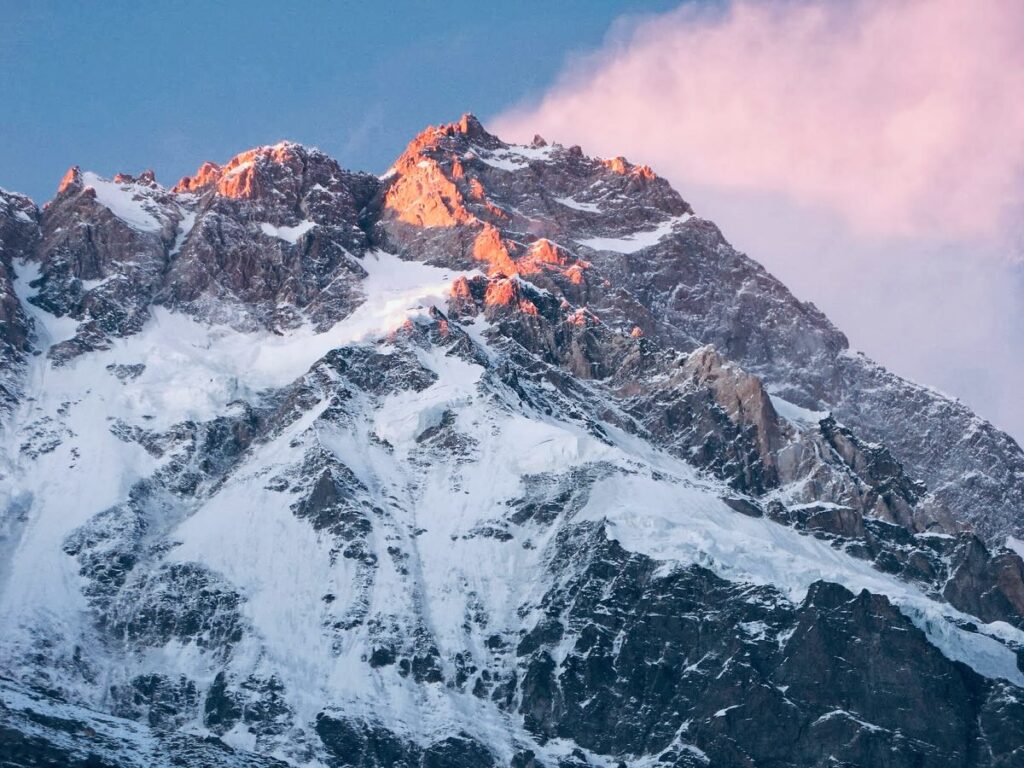
Looking Ahead
With the route now fixed, more climbers are expected to attempt Nanga Parbat in the coming weeks. However, the mood remains cautious and contemplative as the fate of Klára Kolouchová hangs in the balance. For now, the mountain stands tall, a symbol of both human aspiration and fragility.
As mountaineers and their supporters reflect on the highs and lows of this expedition, Nanga Parbat 2025 will be remembered as a moment of both extraordinary achievement and deep uncertainty, echoing the timeless truth of the mountains: triumph and tragedy often walk hand in hand.
